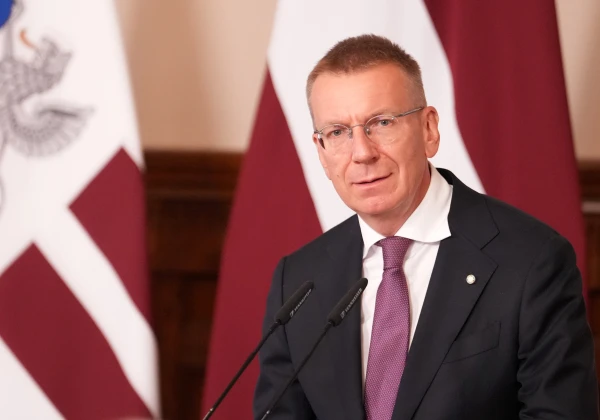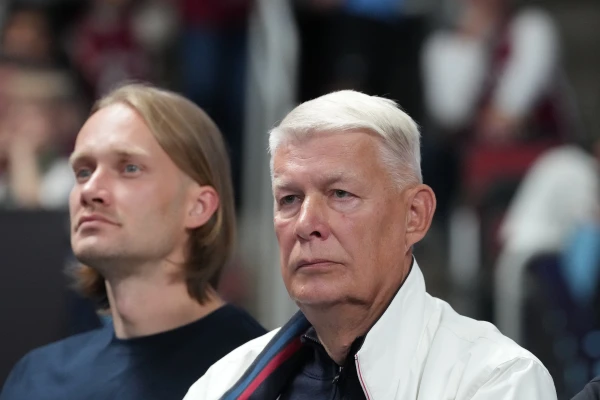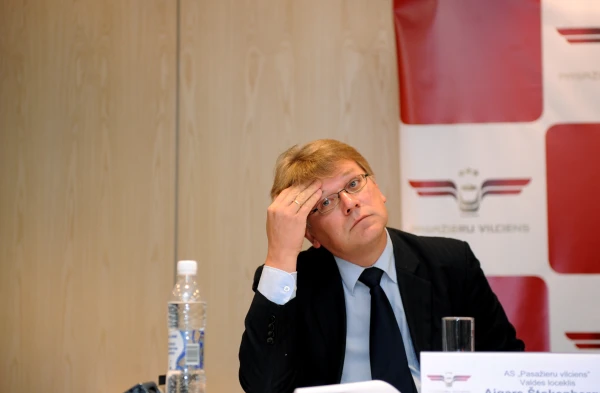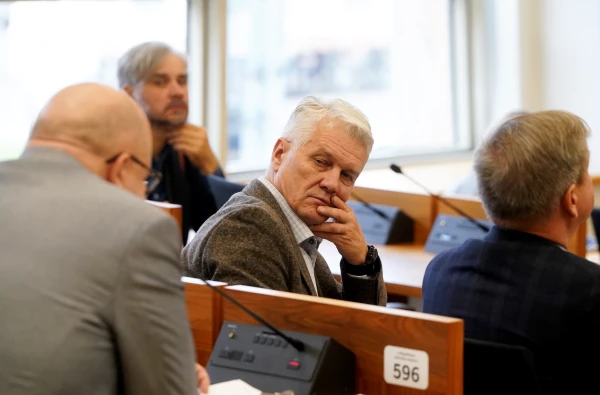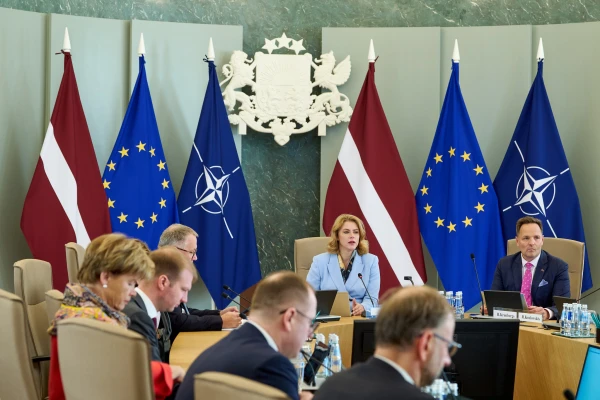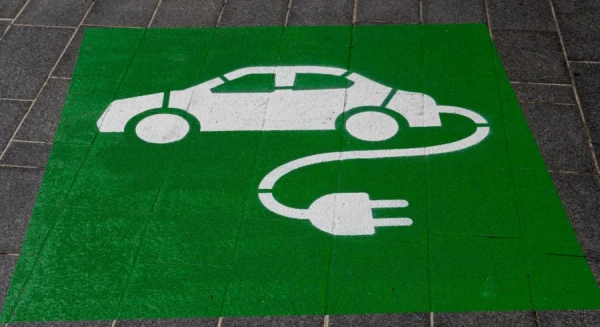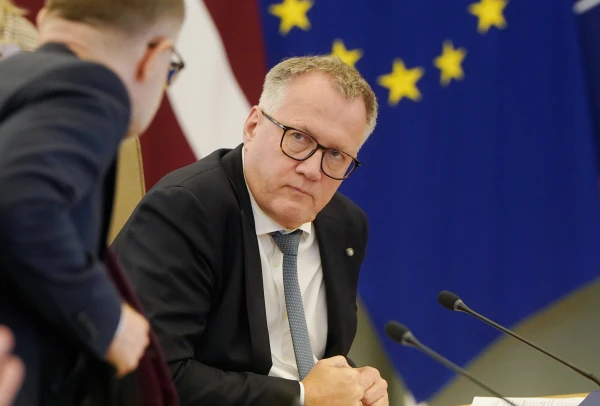
You can't praise yourself... This week, Finance Minister Arvils Ašeradens (“New Unity”) stated on TV-3 that “considering the circumstances, a very good state budget has been developed for the next year.”
The head of the Ministry of Finance claims that the 2026 budget meets the challenges facing the state.
It should be noted that the budget draft, which will be reviewed by the government starting October 14, provides for a deficit of 3.1%, while the national debt is expected to reach 22 billion euros.
The opposition has already accused the ruling party of failing to significantly cut expenses, including those for the maintenance of public administration. Interestingly, an expert from the Latvian Confederation of Employers, Janis Hermanis, recently published a chart on social media showing budget expenditures on salaries in budgetary institutions. It indicates that the salary fund grows annually—both in year-on-year terms and in the amount for the first 8 months, for example. The increase over the year was 5.8%! At the same time, it was promised that salary growth in public administration would not exceed 2.6%.
However, to the ruling party, all this seems like a “trifle,” a secondary issue, as the main focus is to ensure a significant increase in military spending in the budget. Under the pretext of the need to guarantee an increase in defense allocations, the “Progressives” have appealed to Edgars Rinkēvičs, urging all factions represented in the Saeima to sign an agreement—a memorandum—providing that, regardless of the coalition partners forming the government, spending for the next year and the annual state budgets for 2027 and 2028 for defense purposes will amount to at least 5% of GDP.
It will be interesting to see President Rinkēvičs' reaction to this proposal. On one hand, the appeal from the “Progressives” regarding defense spending to the president is logical, as Rinkēvičs was the first to declare the need to increase defense allocations to 5% of GDP. On the other hand, on what basis can parliamentary factions commit to obligations for 2027 and subsequent years, knowing that in October 2026 there will be parliamentary elections and it is highly likely that the composition of the new parliament—both in terms of parties and deputies—will change?! It is clear that signing a declaration “for the future” has no legal or political force.


